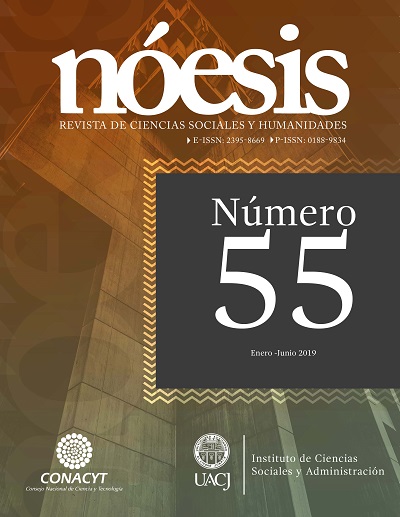Quantitative and qualitative impact of GDP on sport performance and its relation with corruption and other social factors
Summer Olympic Games in Rio 2016 were the biggest and the most important sport event in 2016. Athletes’ performance at Olympics is always of a high interest and serve as a basis for analyses. Many countries have started programs of higher sport funding to increase the athletes’ performance. A partic...
Сохранить в:
| Главные авторы: | , |
|---|---|
| Формат: | Artículo |
| Язык: | eng spa |
| Опубликовано: |
Universidad Autónoma de Ciudad Juárez
2022
|
| Предметы: | |
| Online-ссылка: | http://erevistas.uacj.mx/ojs/index.php/noesis/article/view/1526 |
| Метки: |
Добавить метку
Нет меток, Требуется 1-ая метка записи!
|
| Итог: | Summer Olympic Games in Rio 2016 were the biggest and the most important sport event in 2016. Athletes’ performance at Olympics is always of a high interest and serve as a basis for analyses. Many countries have started programs of higher sport funding to increase the athletes’ performance. A particular example can be Great Britain and its enormous program of sport funding. In this article, we make an econometric analysis of quantitative and qualitative impact of Gross Domestic Product (GDP) on sport performance, with regard to corruption and other social and demographic factors. Our results show that the best explanatory model of the medal ranking in the Summer Olympic Games in Rio 2016 includes qualitative GDP, corruption and Economic Active Population. Therefore, Olympic performance is not only explained by the basic population-GDP theory, but there are other social and demographic factors that make the relation complete. |
|---|---|
| ISSN: | 2395-8669 |
